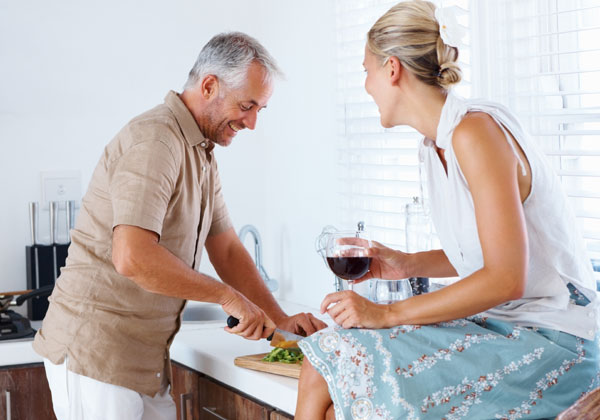Top Reasons to Take Your Loved One to a Hearing Professional
If you’re noticing that your loved one is struggling to hear
Our NILES Office on Golf Road is MOVING to PARK RIDGE! Click here for more information.


If you’re noticing that your loved one is struggling to hear

When it comes to selecting hearing aids, you want to make sure they

If you suspect that exposure to loud sounds has altered your hearing